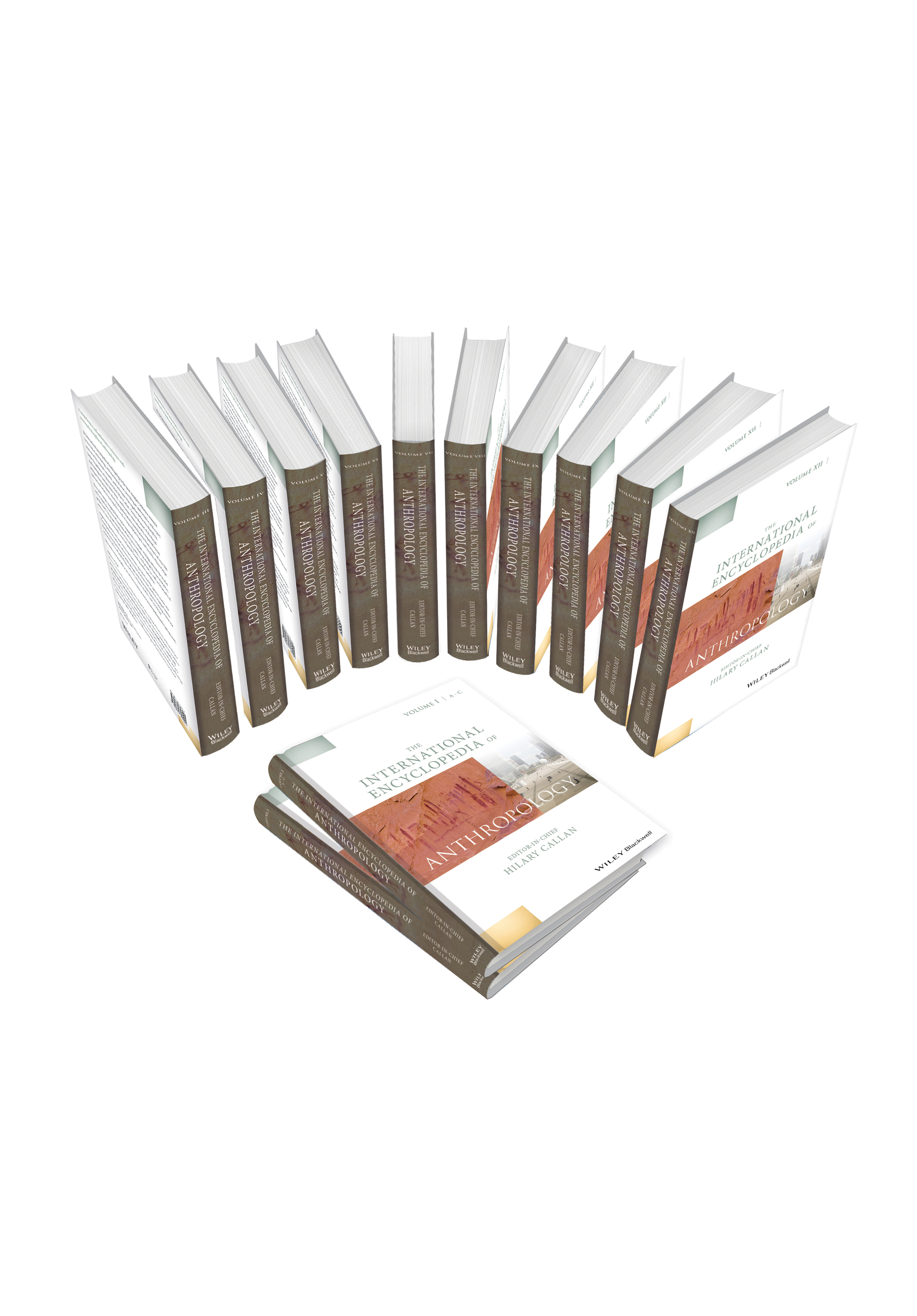Multiculturalism
Abstract
Anthropology's engagement with multiculturalism has deep roots in the discipline's history and continues to be an important focus of contemporary empirical research. Modern anthropologists have tended to stress the particular histories of specific cultural groups over universal theories of human nature. This emphasis on cultural particularism has often placed anthropology at odds with theories of mind and politics that focus on human universals. This tension between universalism and particularism in anthropological theory is mirrored by the complex relationship between contemporary multicultural politics and the universal ideas of rights and citizenship in political ideologies ranging from liberalism to Marxism. Despite their historical commitment to cultural particularism, anthropologists have also found that state-sanctioned multiculturalism has often played a paradoxical role in reproducing social inequality and legitimating liberal states. In these contexts, the discipline's traditional emphasis on documenting particular local experiences of political phenomena continues to be its greatest contribution to debates about multiculturalism.



